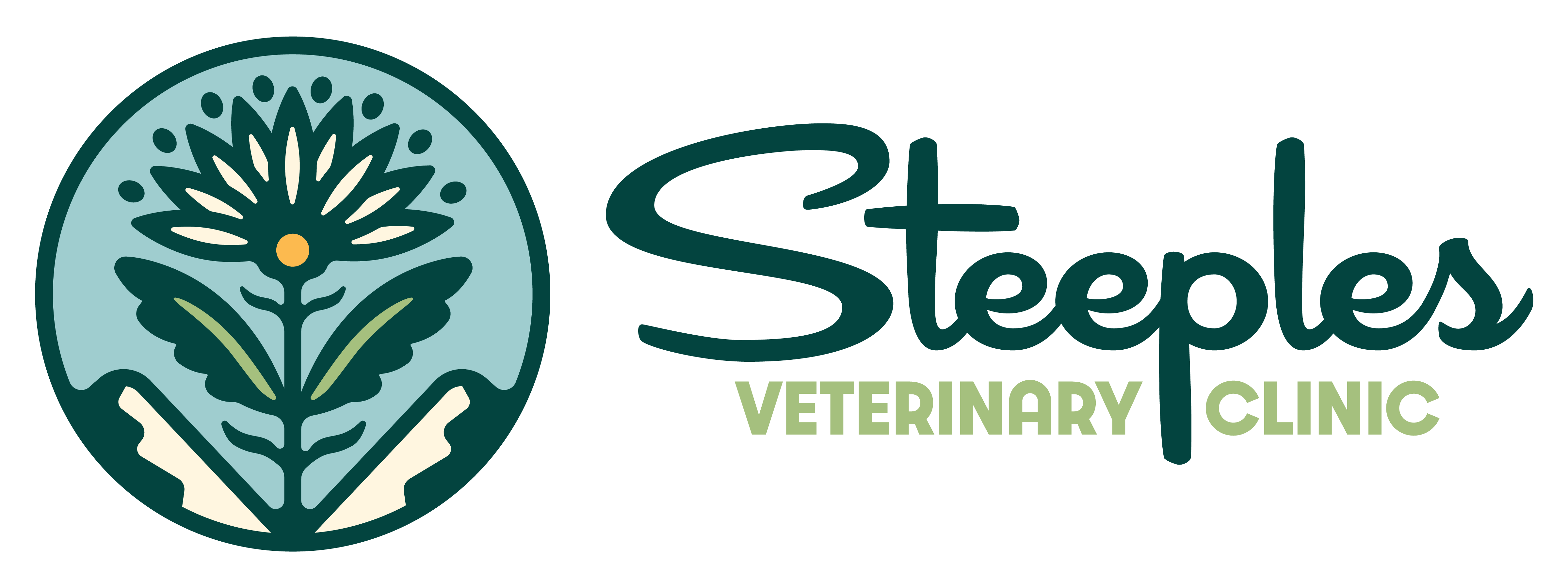Tia – Amy (VP of Operations) Dear Valued Clients, As the days grow longer and the promise of spring is near, Steeples Veterinary Clinic is excited to bring you our…
Contact
Call or Text: 250-489-3451
Toll Free: 1-800-234-4331
Email: info@steeplesvetclinic.com

